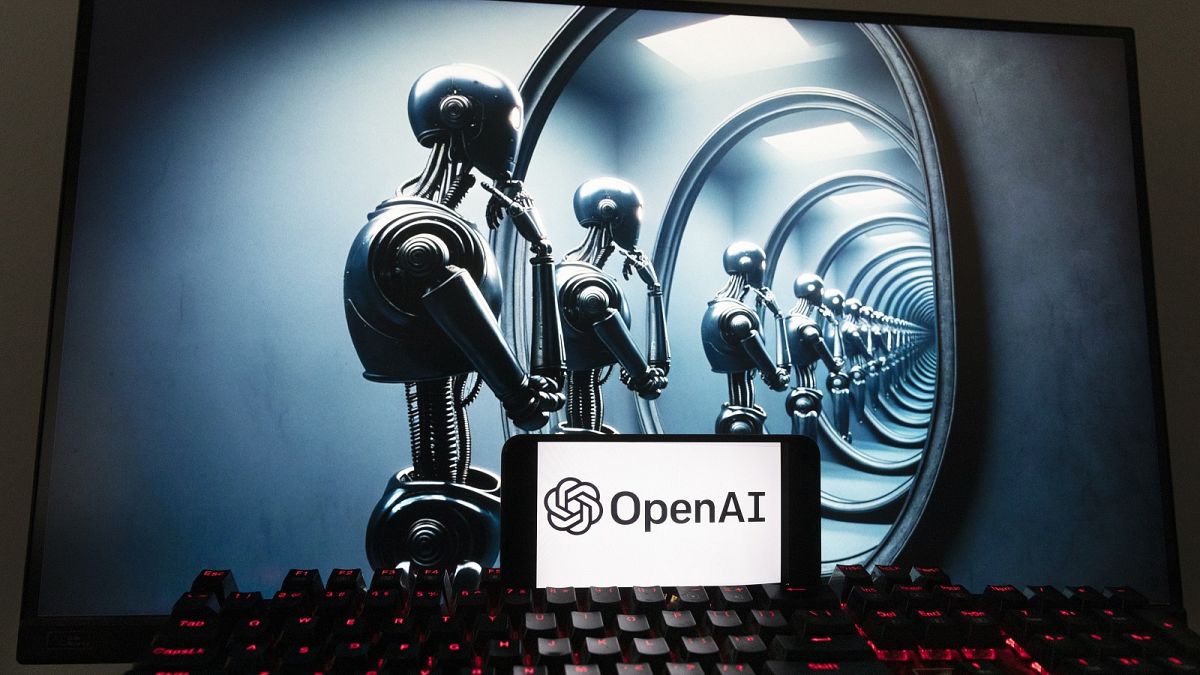Artificial Intelligence (AI) is transforming key sectors, disrupting conventional practices, and establishing new standards for effectiveness, precision, and innovation. The pervasive influence of AI spans various industries, signaling a fundamental shift in operational strategies and competitive landscapes.
Given its versatility, businesses of all scales leverage AI to accomplish diverse objectives. As awareness of AI’s capabilities grows, the business landscape is poised for expansion. Projections by the International Data Corporation (IDC) suggest that the US AI market will surge from \(118 billion in 2021 to nearly \)300 billion by 2026, underscoring the substantial growth potential in this domain. So, what advantages does AI offer across different sectors? Let’s delve into the specifics.
AI Application in the Financial Sector
AI has revolutionized operations in the financial domain, particularly within Wall Street. The advent of algorithms and dark pool trading systems has revolutionized traditional investment approaches, ushering in faster, more efficient, and often intricate business dynamics. These AI-driven methodologies execute trades at unparalleled speeds and volumes compared to human traders by analyzing extensive datasets, making forecasts, and implementing decisions. Consequently, AI is reshaping the financial sector, prompting significant operational transformations.
Algorithmic trading’s allure lies in its potential for substantial returns, akin to the mythical philosopher’s stone that purportedly transformed base metals into gold. However, crafting a successful investment algorithm mirrors the arduous quest for this legendary stone, fraught with challenges. Developing robust strategies for financial markets demands multidisciplinary teams and rigorous research, as emphasized by Brian Devens, co-founder and managing director of SkySail Strategies, a firm specializing in quantitative AI investment algorithms. Devens underscores the complexity inherent in amalgamating diverse expertise and conducting thorough analyses critical for devising strategies adaptable to the ever-evolving economic landscape. Leveraging tools like statistical analysis, machine learning, and deep data research is pivotal in unraveling an algorithm’s behavior and ensuring its efficacy.
AI Impact on E-Commerce
Artificial intelligence is reshaping the e-commerce landscape by revolutionizing customer interactions and optimizing operations. A notable transformation is the customization of user experiences, enabling businesses to tailor services and recommendations to individual consumers.
This hyper-personalization enhances customer service, fosters loyalty, and boosts conversion rates. Notably, Amazon’s AI-powered recommendation engine contributes significantly to its revenue, with 35% attributed to personalized product suggestions, according to McKinsey. Amazon founder Jeff Bezos highlights the underlying value derived from machine learning, encompassing enhanced search outcomes, refined product recommendations, improved inventory forecasting, and a myriad of other backend enhancements.
AI Integration in Entertainment
AI facilitates personalized and interactive entertainment experiences, spanning content creation to consumer engagement. Game developers leverage AI to craft immersive gaming environments, while streaming platforms utilize AI algorithms to suggest tailored content based on viewers’ preferences.
Nevertheless, concerns loom regarding the use of generative AI in entertainment, particularly regarding the potential displacement of human creators. Jonathan Taplin, director emeritus at the USC Annenberg Innovation Lab, stresses that while AI enhances efficiency, it cannot supplant human creativity essential for generating novel ideas.
Challenges in Algorithmic Strategy Development
Despite the benefits of AI, charting a successful investing strategy is riddled with challenges. Over-optimization, a common pitfall where developers inadvertently overfit historical data, poses a significant risk in strategy creation. Brian Devens warns of the short-lived success and eventual failure of strategies prone to over-optimization, attributing this outcome to algorithms excessively reliant on past data, resulting in subpar trading outcomes.
Ensuring adherence to industry standards in data and calculations is paramount for algorithmic strategy success. Devens advocates for benchmarking results consistently and seeking validation from third-party experts to maintain the reliability and efficacy of investment algorithms.
Navigating the complexities of the AI revolution demands a balanced approach that maximizes technology’s potential while mitigating associated risks. As sectors embrace AI’s integration into societal and economic frameworks, effective management of this transformative era will determine its lasting impact.










